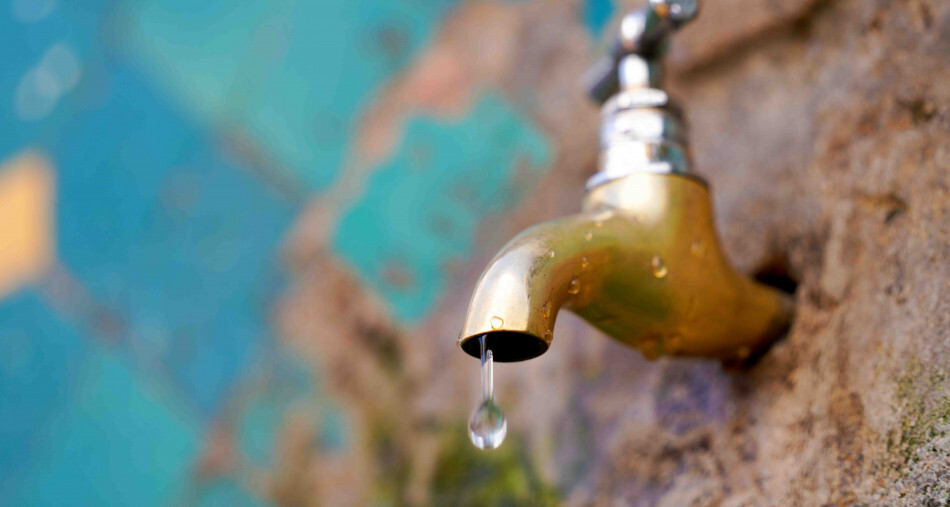The Applied Research Institute - Jerusalem (ARIJ) revealed that the occupation forces issued 58 military orders targeting the water sector in the occupied Palestinian territories, and in particular its infrastructure.
In a report, ARIJ indicated that most of them targeted the governorates of Ramallah, Salfit, and Jerusalem, with 13, 9, and 8 orders, respectively, and the rest were distributed to other governorates, indicating that it included the extension of water lines in the occupied Palestinian territories for the benefit of various settlement facilities, including settlements, outposts, and bases. military and others.
These orders came under the umbrella of Israeli Military Order No. 92 issued on August 15, 1967 (Order Concerning the Powers of
In accordance with the provisions of the water), which provides for granting full authority to control all water-related issues to the water officer and restricting the Palestinian share of water, which has not changed since the signing of the Oslo agreement, which amounts to 118 million cubic meters, according to the agreement, despite the doubling of the population from 1994 to 1994. 2021, in addition to the needs in other development sectors such as agriculture and industry.
ARIJ indicated that the apartheid wall, upon completion of its construction, will isolate 27 artesian wells and 32 springs in the occupied West Bank.
And he indicated that the Israeli occupation state exploits today about 85% of the Palestinian groundwater resources in the occupied Palestinian territories. , while the share of water per person is six in the Gaza Strip, and these numbers are far below the required standards for water supply recommended per capita per day by the World Health Organization.
This situation has been exacerbated by the construction of Israeli settlements, the construction of Israeli outposts, and the establishment of agricultural projects belonging to Israeli settlements (which consume large amounts of water) and other settlement facilities in the Occupied Palestinian Territories.
According to the Israeli organization B'Tselem, in the year 2020, the average daily per capita consumption of water in the occupying state was
The Israeli average is 247 liters. This figure is much higher than the average per capita daily water consumption in Europe, which amounted to 144 liters per year.
As for the Palestinian communities that are not connected to the water network, the average daily per capita consumption of water is 26 liters.
The report indicated that an area of 64,000 dunums of Palestinian land is classified as Israeli agricultural areas, most of which are surrounded by Israeli settlements, where settlers cultivate and cultivate, in particular the Jordan Valley.
The Israeli occupation authorities practice an unfair and systematic policy against the water sector in the occupied Palestinian territories, which in turn reflects negatively on the lives of Palestinian citizens and prevents them from exercising their rights to live a decent life, as the occupied Palestinian territories suffer from a real water crisis, and the problem of inability to supply drinking water continues. Which led and leads to water cuts for long periods, and the reason for this interruption is due to the limited sources of drinking water resulting from the deliberate deprivation of water by the Israeli authorities through their control of the amount of water supplied to the Palestinians, which increases the suffering.
The report said: The water issue has always constituted a serious crisis in the occupied Palestinian territories, but during the past two decades, the water crisis began to take a different and dangerous curve and reached unprecedented levels, as the Palestinians were the most affected by it due to the escalation of the Israeli occupation state's control over water resources in the Palestinian territories. occupied.








Share your opinion
ARIJ: The occupation is waging war on the Palestinian waters